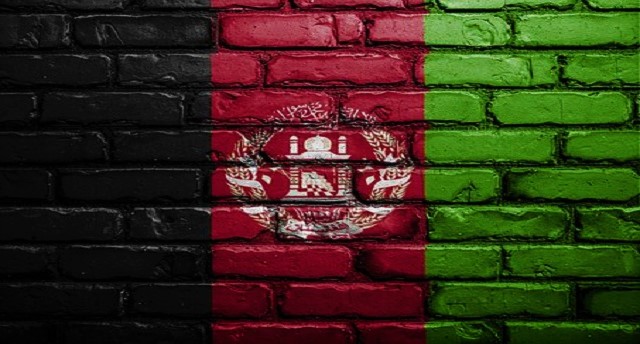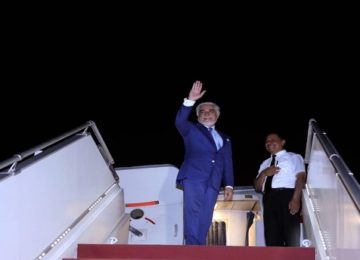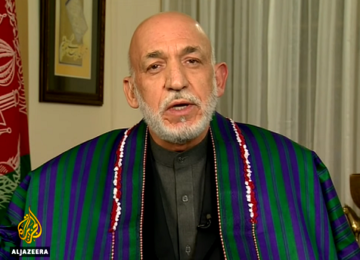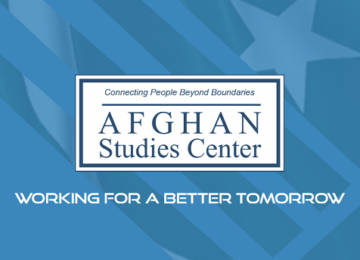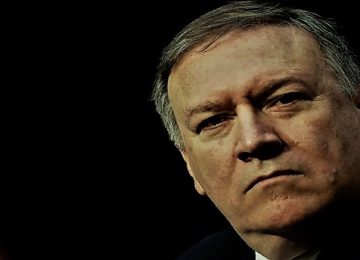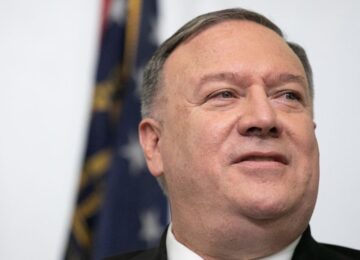November 16, 2018
-By Ayesha Saeed
When young Captain Arthur Conolly coined the term “The Great Game “, his assessment of the situation about the “no man’s land” was apt enough to evolve outside its original idea over the course of coming decades. Just days after the meeting in Moscow, the Taliban claimed responsibility for an attack on a military base that left 16 people dead. As America plans to write the final chapter of its long war in Afghanistan, it seems to have blown a new life into the Great Game with more stakeholders involved than ever before.
What stands out as a staggering point is the Taliban’s meeting with the Russians and the Americans – both of whom have a past with the group and the country itself. The Taliban disapprove of the current Afghan government and views it as an American puppet, hence continues to target the US and coalition forces stationed in Afghanistan. The Taliban propagates its political motives often through violence and holds a grip on the majority of the country.
As a part of the reconciliation efforts, the US officials struggled to bring Taliban on the negotiation table at first but managed to access them through backdoor channels. As the meeting between the Taliban and the US officials remains classified, their meeting in Moscow was more public. In the attendees, Pakistan was the only other country that rests its immediate concerns in Afghanistan and has played a pivotal in the past.
Speaking of the Taliban, their violent history and fraction groups have been involved in attacks around the world – something the U.S is willingly ignoring to set its next stage into the mainstream Afghan government. With the growing understanding that there is no military solution to the troubles in Afghanistan, the U.S reevaluation comes perhaps a little late and at a cost too high. The new great game in Afghanistan is now focused on who gets to establish a peaceful transition of government, followed by civilian assistance to rebuild the country.
Out of all, Pakistan was slammed by the U.S for having contact with the Taliban and accused of providing support to the group, which has left relations between the two scorned. But what Pakistan understood and has done, is being followed by the U.S and for an interest no different than what it had in mind before. Both peace and war in Afghanistan have become subjected to the American polices or thereof the counter policies in the region.
The Taliban have demanded a full withdrawal of the U.S and coalition troops and release of its prisoners, said Moscow, before it even agrees to talk to the Afghan government. The U.S refrained from participating in the latest meeting but sent an observer representative to monitor and report the proceedings. For Moscow itself, it has achieved a more vocal response by the Taliban and has played the role of an important moderator.
The Russian interest in Afghanistan has shifted to its long term national security; much alike that of Pakistan but remains a counterbalancing force against the U.S. Russia was able to bring other regional counterparts on the same table as the Taliban but it increases the stakes of each involved even more. Pakistan has already released three members of the insurgent group which may become a source of criticism for the country in future, but Pakistan considers it as its contribution of the reconciliation process of Afghanistan. Neither Ghani’s government nor the U.S believes Pakistan’s intentions on the matter. This could, in future, remain a point of derision between Pakistan and Afghanistan.
A key element that is mostly overlooked are the natural resources of Afghanistan. Barring a few, the recent stakeholders have had high bids in business ventures across Afghanistan that are awaiting more peaceful situation in the country to start off. For India, it seeks to balance out Pakistan’s long thought influence in Afghanistan and in particular with the Taliban but also dry out Pakistan’s water supply from the River Kabul. Stability in Afghanistan, with a new government of the Taliban or an interim government, will ease Pakistan’s tension on the Durand Line allowing Pakistan to monitor the flow of matters in between.
Meanwhile, the U.S has considered asking the Afghan government to postpone the elections which hints towards the U.S reconsidering its strategy. As expected, the news has not settled well with the Afghan government. Experts opine that the delay in elections will only disturb the peace efforts in Afghanistan. Trump administration’s plan regarding Afghanistan seems good on paper but is difficult to implement on ground and is on the verge of being privatised. With Taliban in power, the inter-insurgent rivalry will still haunt the security of Afghanistan and those around it.
The Taliban have been persistent and have continued to survive whichever way possible; and their reappearance at the international stage speaks of that. But does it mean that the Taliban will get a clean sheet from the former allies turned foes? In the records of the U.S and Russia perhaps, this is a prelude to a new phase in history. The attempted negations alone have given legitimacy to the Taliban and their long campaign against the Afghan government and the allied forces.
While there are setbacks and delays in the Afghan reconciliation process, due to the firm demands by the Taliban, only the U.S can take it to the next step. Questions regarding how they will handle the Ghani government or the splinter groups, especially the ISIS, remain unclear and a reason of concern for both Russia and Pakistan. A complete withdrawal of the military forces is likely to form a security and a power vacuum in Afghanistan, with little chances of rebuilding the country, which could jeopardise the peace efforts. Until the Taliban and the current Afghan government abide by a truce and have minimal external influence, there will be no change to the course of history for itself. The continuation of the “Great Game” has made one thing clear; no foreign forces have ever been able to win the complete allegiance of the locals.
The author Aisha Saeed is an independent media and foreign policy analyst based in Lahore. She tweets @MsAishaK
© Center for Research and Security Studies (CRSS) and Afghan Studies Center (ASC), Islamabad.



